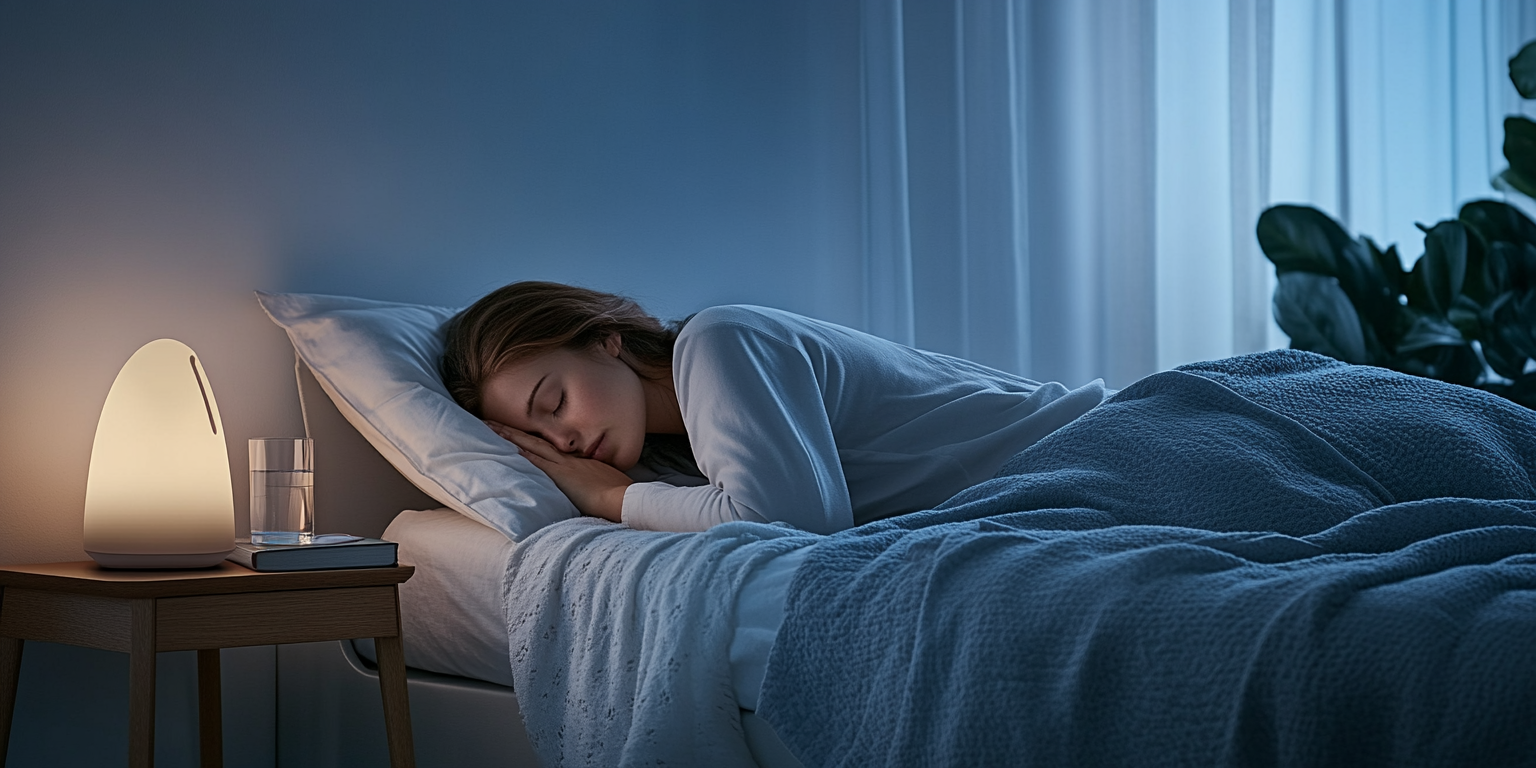Sleep is a fundamental pillar of health, yet many people underestimate its importance. Good sleep is as vital as nutrition and exercise in maintaining overall well-being. Lack of sleep can lead to a host of health issues, including obesity, heart disease, high blood pressure, and a weakened immune system. On the flip side, consistently good sleep can enhance memory, mood, and cognitive function.
Why Sleep Quality Matters:
While the number of hours you sleep is important, the quality of sleep you get each night is equally critical. The sleep cycle consists of several stages, including light sleep, deep sleep, and REM (rapid eye movement) sleep. Each stage plays a unique role, from repairing tissues to processing emotions and memories.
However, even with the recommended 7-9 hours of sleep, if you’re tossing and turning all night, waking up frequently, or feeling unrested, you’re likely not getting quality sleep. Poor sleep hygiene, stress, and lifestyle habits can sabotage your ability to get the restorative rest your body craves.
Tips for Improving Sleep Quality:
Here are several actionable strategies to help you achieve better sleep:
- Stick to a Sleep Schedule: Going to bed and waking up at the same time every day, even on weekends, helps regulate your body’s internal clock.
- Create a Relaxing Sleep Environment: Your bedroom should be a sanctuary for sleep. Ensure your mattress is comfortable, the room is dark and quiet, and the temperature is cool (around 65°F or 18°C). Consider blackout curtains, white noise machines, or earplugs if needed.
- Limit Exposure to Blue Light: Blue light from screens can interfere with melatonin production, the hormone that regulates sleep. Turn off electronic devices at least an hour before bed or use blue light filters.
- Avoid Stimulants and Heavy Meals: Caffeine, nicotine, and alcohol can disrupt your sleep cycle. It’s best to avoid these substances, especially in the evening. Additionally, large meals close to bedtime can cause discomfort, making it harder to fall asleep.
- Practice Relaxation Techniques: Meditation, deep breathing exercises, or gentle stretches before bed can calm the mind and body, preparing you for restful sleep. Establish a bedtime routine that signals to your body that it’s time to wind down.
- Exercise Regularly: Physical activity during the day can promote better sleep at night. Just make sure to avoid intense exercise close to bedtime, as it might have the opposite effect.
By incorporating these practices into your daily routine, you can significantly improve your sleep quality and wake up feeling refreshed and ready to tackle the day.
Conclusion:
Improving sleep quality isn’t a one-size-fits-all process, but it starts with understanding your own habits and making small, consistent changes. Sleep is not a luxury—it’s a necessity. With these tips, you can optimize your sleep and enjoy the vast health benefits that come with it.



